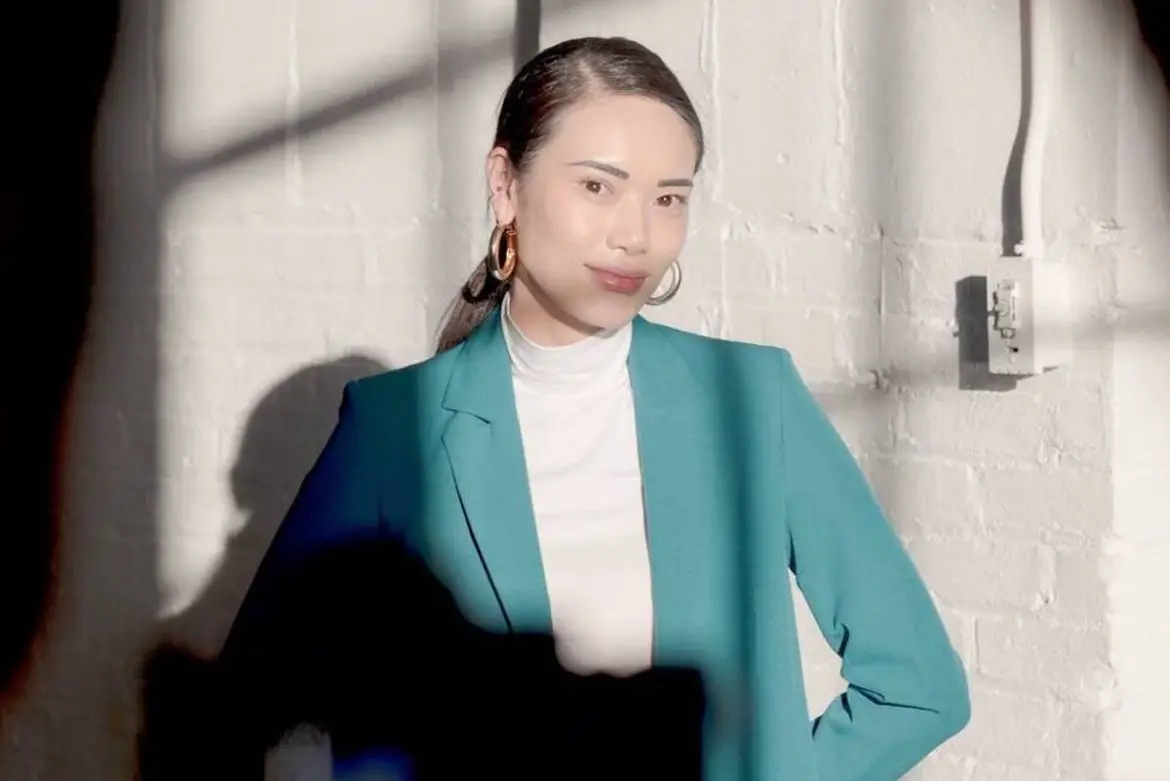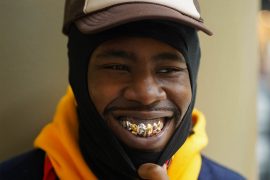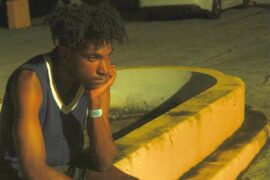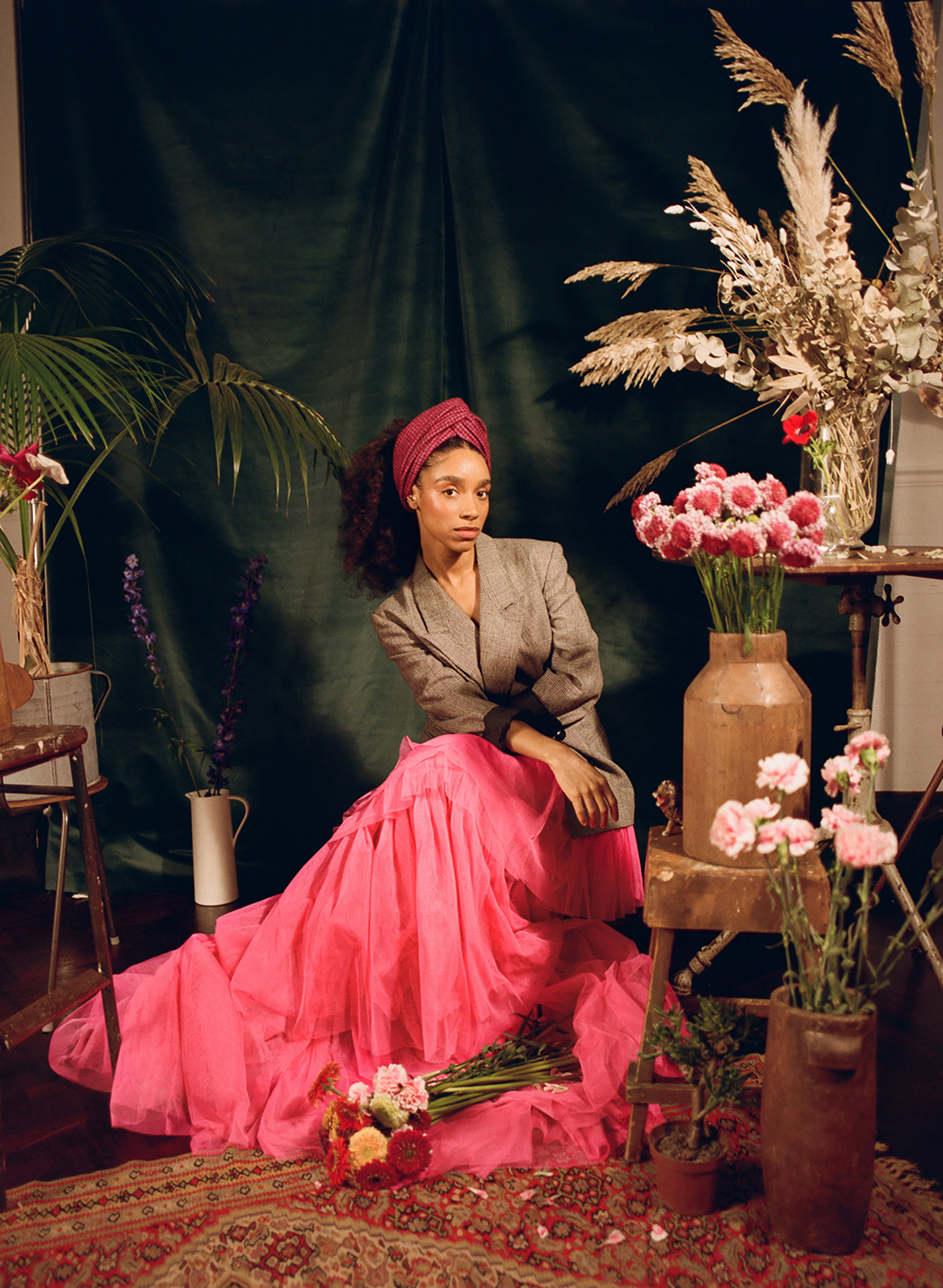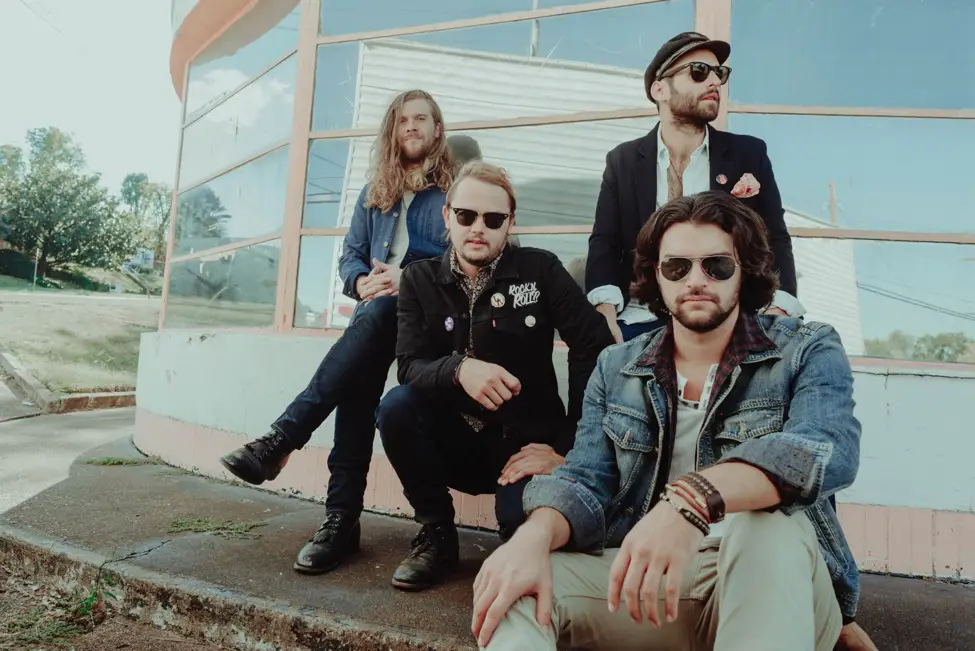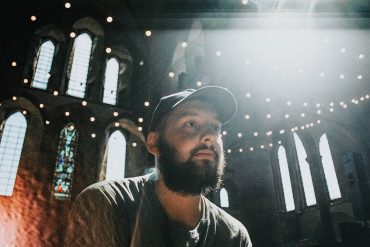In honor of Asian American and Pacific Islander (AAPI) Heritage Month, Atwood Magazine invited AAPI artists and music industry representatives from around the world to participate in an interview series reflecting on identity, music, culture, inclusion, and more. Throughout the month of May, Atwood Magazine will be continuing those conversations in celebration of AAPI Heritage Month, engaging with artists and publicists alike to discuss the roles of heritage and representation in their own art, the state of the music industry, and its role in promoting diversity, visibility, equality, and more.
– Mitch Mosk, Editor-in-Chief
•• •• •• ••
Today, Atwood Magazine speaks with Nancy Lu, Storyteller at Fancy PR. A Chinese immigrant from Austin, Texas, Nancy graduated from UT Austin with a Bachelor of Business Administration and founded Fancy PR, in 2013. A “full-service public relations agency committed to storytelling,” Fancy PR has worked with artists as far-spanning as SOFI TUKKER, Adam Melchor, MUNA, Blu DeTiger, Peach Tree Rascals, Phoebe Ryan, COIN, Mt. Joy, and more.
•• ••
A CONVERSATION WITH NANCY LU

Atwood Magazine: What is your heritage, and can you tell me a little bit about your background?
Nancy Lu: I’m Chinese, my family is from Shanghai and I immigrated with my parents in the late ‘80s when I was two years old. I became a citizen when I was sixteen, woo!
What is the significance of Asian-American and Pacific Islander Heritage Month for you?
Nancy Lu: I think diverse visibility because the AAPI community represents so many different countries and stories. Some people have been here for generations while others have just immigrants to the States. When I was growing up, my parents moved us around a lot and in some of the cities where we lived, we were the only Asian family, and at those times, I definitely felt the weight of media stereotypes on me. Diverse visibility means everyone within the AAPI community sharing their story to let greater society know that we are not cookie-cutter and each of us have our own voice and opinions.
How has your relationship with your heritage changed over time?
Nancy Lu: I’ve become more appreciative of it because in the past, when people would say things to me that are negative, you wanna distance yourself from it and be like, “Oh, that’s not me. I’m not ‘Jackie Chan’” or “I’m not like just this super nerdy, socially inept, Asian kid that smells bad.” Obviously none of those things are close to an accurate representation of me or most Asian people, but at the time, I didn’t think I was going to change anyone’s mind and instead I internalized their negative opinions. Even now, with hate crimes happening and a lot of people assuming causality between COVID and Asian-Americans and it’s made me scared for my safety. My relationship with my heritage has definitely been a journey to self-acceptance and self-love over the years, and I think only now am I in a place where I can be more outspoken, and even angry, rather than frightened about what’s going on.
My relationship with my heritage has definitely been a journey to self-acceptance and self-love over the years.
Tell me about a couple of things that you particularly appreciate and have come to embrace about your heritage.
Nancy Lu: When I was growing up, my grandma made a lot of my clothes, and it was a reminder that we were poor. We were poor, but it was another physical manifestation of my other-ness. Now, I’m actually trying to make my own clothes and it’s very hard! Lol. I look back now at those clothes and can see all of the love, industriousness, and ability to make the most out of not a lot. I basically had these one-of-a-kind pieces my grandma made for me, which is really special. Now I wear a bracelet that one of my aunts gave to me and it’s supposed to mean being ‘fortunate in business’ and it’s a piece that not only feeds my superstitious nature, but is also a nice reminder of who I am and where I come from.
Did you have a lot of music growing up in your home?
Nancy Lu: No, my mom would listen to one two-sided cassette by a Chinese singer and as soon as the song on the A-side was done, we would flip it and listen to the B side. And when the B-side was done, we’d flip it over and listen to the A-side, and so on and so forth. That was probably like, oh my god, a good five years of life. So not a lot of exposure to music. [chuckle]
How do you perceive or experience your own relationship between music and your own heritage? Do those things intertwine for you?
Nancy Lu: I would like them to intertwine more. Obviously K-pop is really big now. I remember when I was in high school, we had Coco Lee and BoA trying to break into the American market and were unsuccessful. It was still kind of very much seen as like, “This is a foreign artist, it’s international music,” but we at that point perceived international music in a bad way, because we didn’t know necessarily where to play it. Basically if you weren’t singing in English, it couldn’t be a pop song. So it’s been nice to see things have progressed from then. I would personally love to work with more Asian and Asian-American artists.
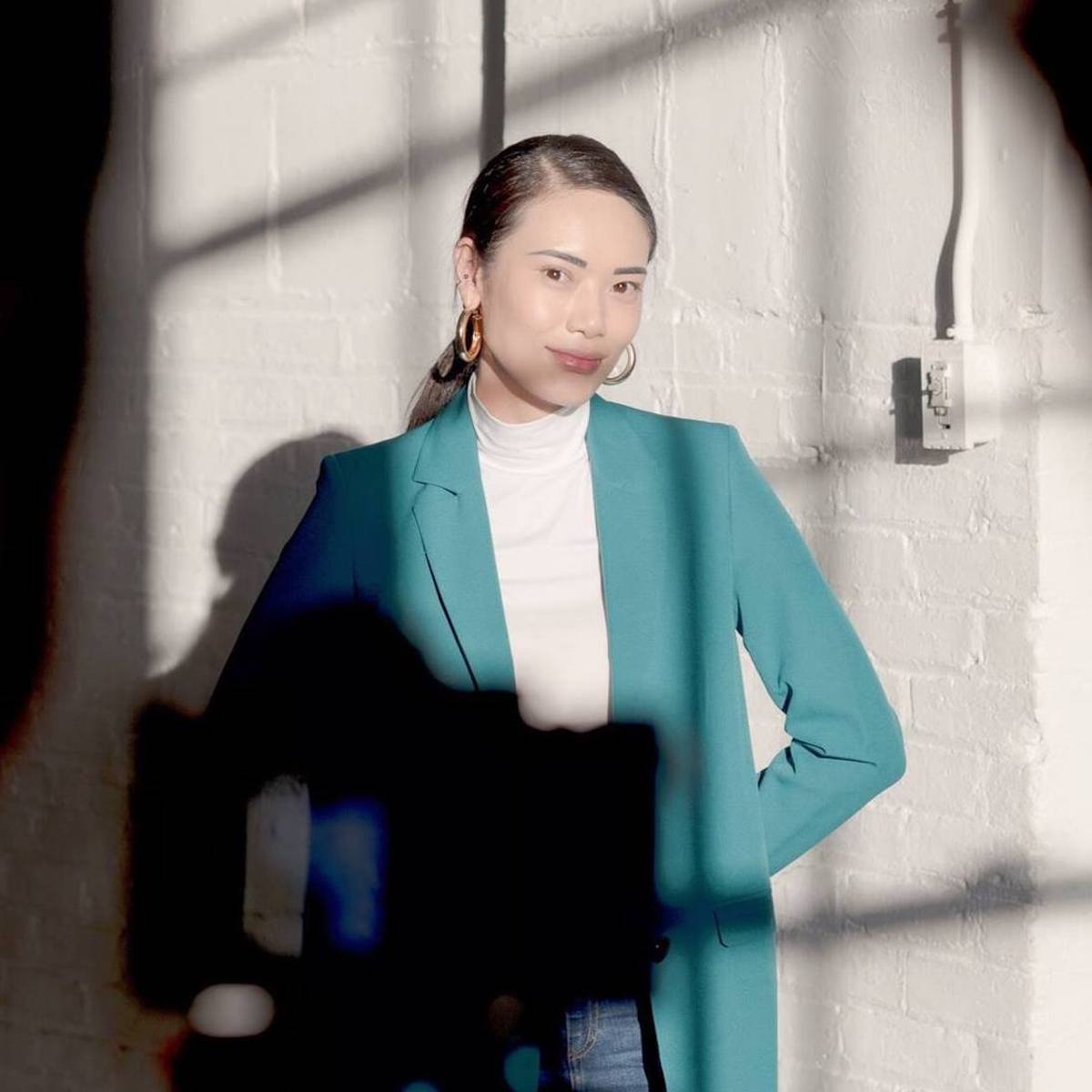
How did your passion for music grow, and how did this become a profession?
Nancy Lu: I have this memory from when I was living in Colorado and I had just moved to the state and started at a new school at basically the end of the school year. So I went into that following summer with no friends and spent a lot of time alone. Music was something that I dove into, listening to Robyn, *NSYNC, Smashing Pumpkins, stuff like that. I could be lost in it for hours and at those times, I wouldn’t feel so alone.
I think a lot of times when artists say, “I hope that the lyrics of this song touch listeners in a X, Y and Z way,” teenage me really felt that. In college, I was a DJ at the college radio station, KUTX at UT, and that was a great way to meet other music lovers and also listen to music outside of what I knew I already liked. After that, when I was living in DC, I connected with the guys who run All Things Go and wrote for them for a few years. A lot of friendships and two weddings have come out of that!
Work wise, I started off in healthcare consulting and also worked at a tech startup and non-profit. None of those jobs really fulfilled me, and all throughout my time at those companies, I felt the pull of music. It came to a point where I had a ‘come to Jesus’ and said to myself, “I need to try to see if I can make this happen, because if I didn’t, I would regret it.”
When did you found Fancy PR and what's your experience been like running your own business?
Nancy Lu: 2013, and it’s been good! Definitely more work than any of my previous jobs, but I do appreciate that every day is different and challenging. It’s given me the opportunity to work with a lot of great artists, great writers, and meet a lot of different kinds of people who have different stories – some very different from mine, some similar. I’ve learned a lot about myself, and I’m still learning a lot. As far as keeping up with Fancy, it takes a village. I lean on my colleagues Sean and Grace for their opinions and ideas and they keep me accountable.
One of the things I love most about working with you and your company is your array of clientele. Fancy PR works with artists of different backgrounds, genres, and seemingly all walks of life. What do you look for in the clients that you bring on, and can you share the importance of having a diverse roster?
Nancy Lu: Thanks for saying that. First and foremost, it’s definitely important that everyone (me, Sean, and Grace) listen to everything, share feedback, and come to a decision after that. For us, it’s very important to take time and be thoughtful about it: Do we like it? Do we see other people liking it? Do we feel confident about being able to tell a story here? Obviously, a lot of that comes back to the artist and making sure that they have a clear and strong vision for what they’re trying to accomplish. I would say we’re open to everything, because I think for all of us, we listen to all kinds of music on our own.
How have you seen the music industry and your own role as a publicist shift in the past eight years?
Nancy Lu: This is a few years old, but streaming platforms have obviously become the cornerstone of the industry, and more recently, platforms offer other different ways for artists to connect with fans. Fans want more and artists want to share more of themselves, to give people a more in-depth look into their lives or their artistry.
As far as the changing role of a publicist, it’s definitely tougher work now, in part because there’s simply so much music! The democratization of music making means everyone has the opportunity to make art, but it also means there’s a million new songs released every week. It’s a lot for you and other journalists to sift through. Artists are also now creating content on even more social platforms, which has grown the potential reach exponentially.
So I think the role of a publicist is shifting more into a marketing and branding role and being able to create really robust release plans side-by-side with the artist and the rest of their team. That could be with asset creation, experiential marketing, setting up brand collaborations and stuff like that to take advantage of all of the different platforms an artist is using to make as much noise as possible.
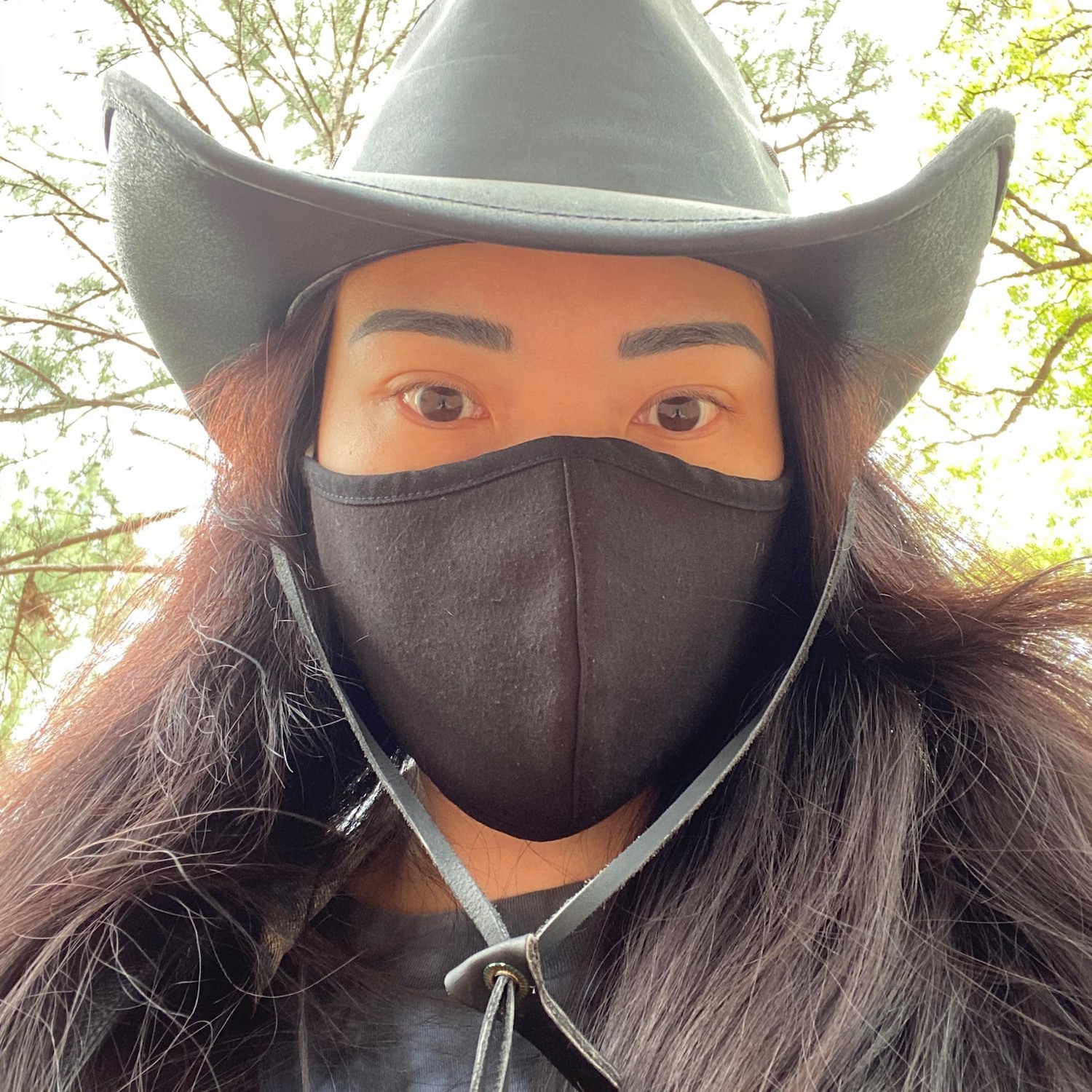
It sounds like you take a lot of pride in being a part of the artist's team, not just a service that the artist brings on. Diving back into our conversation about heritage, you told me you didn't feel music was a viable career path for you. Can you talk to me about the significance of visibility in the industry, and what that means to you?
Nancy Lu: Visibility means showing other Asian-Americans who might be considering a career in music that YES. You can actually do this! Also showing Asian-Americans parents, who might want their kids to go into a profession that’s more financially safe, that sometimes risks can pay off.
For me now, visibility is seeing more people who look like me in upper management. That isn’t an issue that’s just limited to the music industry. I think Asian people usually end up in middle management, and then they kind of stay there. We’re perceived as quiet, will keep our heads down and won’t complain, won’t ask for anything, and just get things done. There’s a very big “don’t rock the boat” mentality cause if you do, the boat might tip over and things will actually be worse.
If I could see more Asian-Americans in upper management or even the boss, then I – and I imagine other Asian-Americans – would feel like wow, maybe I can be the boss. So I would say that it’s about being able to find your own voice, using it, and asking for the opportunity.
You are an Asian-American immigrant, you are a woman, you are a business owner and founder. There are those who will look up to you and see somebody who looks like them in a position of real power.
Nancy Lu: That’s a good point! I don’t see myself that way, but I do want to be a resource to other Asian-Americans coming up within the industry. I didn’t have a mentor coming in, and would love the opportunity to be that for someone else.
Are there any Asian-American or Pacific Islander artists who have had a significant impact on you?
Nancy Lu: I would say Utada Hikaru. I think that she’s fantastic – she was born here, went to NYU, and then she actually moved back to Japan and started her career there. I don’t think she ever tried to actively break Stateside, but her artistry is unparalleled and people who know, know. She did an amazing Skrillex collaboration for Kingdom Hearts a couple years ago, “Face My Fears.”
When Mulan came out and Christina Aguilera’s “Reflection” was the song, which coincidentally also launched Christina’s career, I became obsessed with the track and stumbled upon Coco Lee’s Mandarin version. It really opened my eyes to how music and movies are tailored to different territories, and it also was great to hear the main theme in the language true to the original folk story.
What can we do to improve when it comes to representation and inclusion in the music world?
Nancy Lu: Representation takes work, so first it would be being aware if there’s a lack of diversity in your workplace, and then from there, take action. I wish someone had told me in college that pursuing a career in music was a financially viable path with potential longevity because I would’ve done it a lot sooner than I did. Also, the music industry is built on relationships, which, while great for forming meaningful relationships with people you work with, also makes it very insular. For me, as an Asian woman who majored in Marketing and got an undergraduate business degree, I had zero connections and therefore almost zero chance of getting even an unpaid internship. I’d definitely encourage labels to recruit outside of college music programs. Within the AAPI music community, I just want us all on a group chat ASAP lol.
Nancy, thank you so much for your time. Lastly, what are you working on currently? And do you have anything coming down the pipeline that you're excited to share?
Nancy Lu: We’re working with a lot of up-and-coming artists that I think we’re all excited about, and hoping to make a big impact with! Sign up for our press release to find out more lol.
— —
— — — —
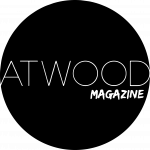
Connect to Atwood Magazine on
Facebook, Twitter, Instagram
Discover new music on Atwood Magazine
? © Nate Cover
:: Celebrating AAPI Heritage ::
 follow our AAPI Heritage Month playlist on Spotify
follow our AAPI Heritage Month playlist on Spotify 

